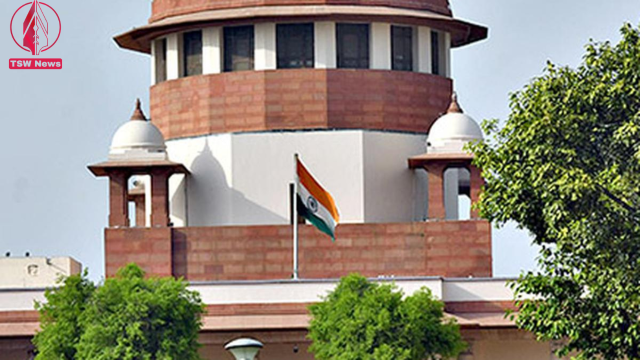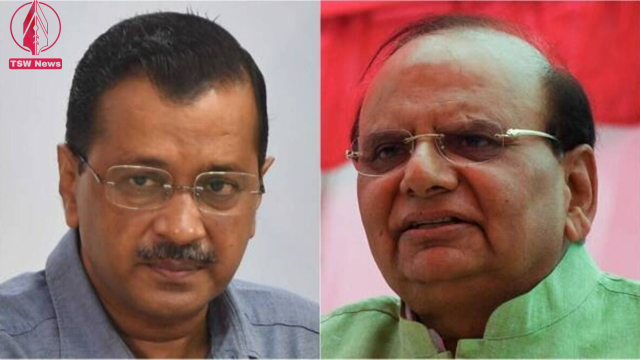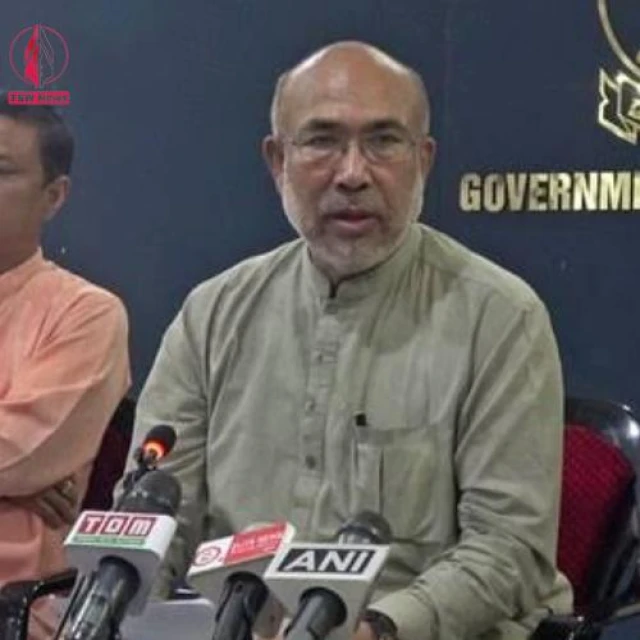Centre Grants Delhi Lieutenant Governor Final Say on Bureaucrats, Reversing Supreme Court Order
- Posted on May 20, 2023
- News
- By Navya Shrivastava
- 522 Views

Supreme Court:-
On Friday, the Union government took a significant step by introducing an ordinance that designates the Lieutenant Governor (L-G) as the administrator of Delhi, granting them ultimate authority over the postings and transfers of all bureaucrats serving the Delhi government.
This ordinance, which has been promulgated by President Droupadi Murmu, aims to amend the Government of National Capital Territory (NCT) of Delhi Act, 1991. Its implementation effectively overturns the May 11 Supreme Court judgment, which had empowered the Aam Aadmi Party (AAP) government led by Arvind Kejriwal to enact laws and exercise control over bureaucrats appointed to the Delhi government.

In a groundbreaking move, the recently introduced ordinance aims to establish the National Capital Civil Service Authority (NCCSA), marking its debut in the governance of Delhi. This authority will be led by the Chief Minister of Delhi, accompanied by the Chief Secretary and Principal Home Secretary of Delhi as the other two members, forming a dynamic trio responsible for overseeing the civil service affairs within the national capital.
As stated in the ordinance issued by the Union Law Ministry, all decisions within the Authority will be determined by a majority vote of the members present and voting. This means that the authority will be responsible for making decisions on matters such as transfers, postings, and vigilance issues concerning all Group A officers and DANICS officers serving in Delhi, ensuring that such matters are decided through the collective agreement of the majority of members.
According to the ordinance, it has been specified that the Lieutenant Governor (L-G) will issue orders to implement the recommendations put forth by the NCCSA. However, in the case of officers belonging to All India Services and DANICS who are serving the Delhi government, the L-G has the authority to request the necessary material or information pertaining to them before making any decisions. This provision ensures that the L-G has access to relevant details in order to make informed judgments regarding these specific officers.
As per the ordinance, if the Lieutenant Governor holds a differing opinion from the recommendation put forward, whether it is based on the requested material or any other reasons, they have the authority to return the recommendation to the Authority for further deliberation. The Lieutenant Governor must provide written documentation, stating the reasons for their decision to send the recommendation back to the Authority, prompting the Authority to reconsider the matter. This provision allows for a transparent and accountable process, ensuring that all viewpoints are duly considered before final decisions are made.
The ultimate authority to make the final decision rests with the Lieutenant Governor of Delhi. The ordinance explicitly mentioned that in the event of a difference of opinion, the decision made by the Lieutenant Governor shall be deemed final.
In a recent unanimous verdict, the Supreme Court had ruled that the Delhi government possesses legislative and executive powers over services, except in matters concerning land, public order, and police.
The ordinance further noted that the Supreme Court's verdict was delivered due to the absence of any specific parliamentary legislation addressing the subject of services.
The ordinance emphasized that any decision or occurrence in the nation's capital has far-reaching implications not only for the residents of the national capital but also for the entire country. Furthermore, it highlighted that such decisions and events can potentially impact the national reputation, image, credibility, and prestige on the global stage.
The ordinance reiterated that the national capital belongs to the entire nation, and in the broader national interest, it is essential for the people of the entire country to have a role in the administration of the national capital through the democratically elected Central government. This perspective recognizes the significance of collective participation and representation in the governance of the capital, ensuring the alignment of interests for the nation as a whole.

For more updates keep visiting our website www.topstoriesworld.com where we provide unbiased, true and top stories of the world.




